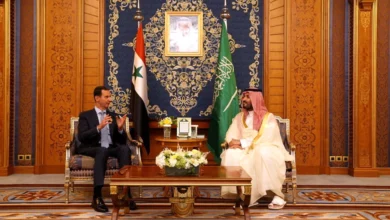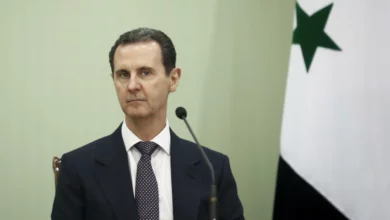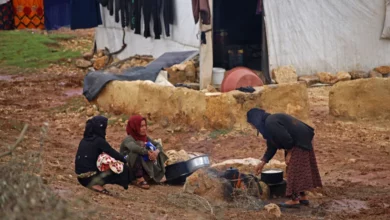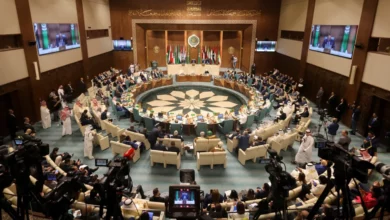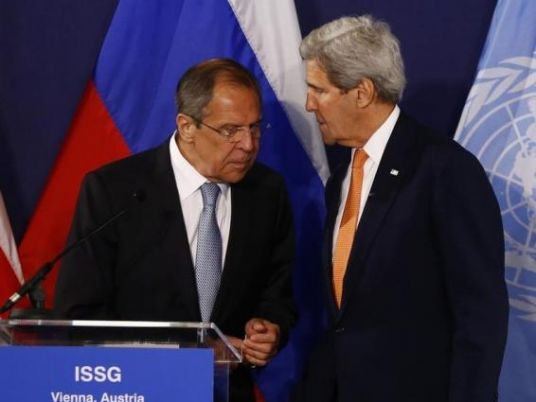
U.N. Syria envoy Staffan de Mistura voiced hope on Thursday that a U.S.-Russian meeting would achieve progress on the Syria peace process, including a halt to indiscriminate bombing and a formula for political transition.
"Let's see what happens in Moscow in the next few hours. Let's hope there is some type of general understanding or progress," he told reporters in Geneva as U.S. Secretary of State John Kerry prepared to meet Russian President Vladimir Putin and Foreign Secretary Sergei Lavrov in Moscow.
De Mistura is waiting for certain conditions to allow him to call a new round of peace talks in Geneva, with the goal of delivering a road map for Syria's political transition in August. The talks' chief sponsors, the United States and Russia, have conducted a lot of informal diplomacy, de Mistura said.
"I think the next few days are crucial in order to make sure we know where they stand. When the two co-chairs agree on something…, that helps a lot."
A U.S.- and Russian-backed ceasefire agreed in late February has largely fallen apart, partly because there is no agreement over the exact location of fighters belonging to the al Qaeda-linked Nusra Front, which is a legitimate target in U.N. eyes.
Opposition groups have accused Russia, the main ally of Syrian President Bashar al-Assad, of carrying out air strikes on rebels who should be protected by the ceasefire arrangement.
Agreement on stopping indiscriminate bombing and a formula for a political transition would create the necessary conditions for a new round of talks and the possible basis of a peace deal, de Mistura said.
He declined to comment on a Washington Post report that the United States was proposing increased cooperation and intelligence-sharing with Russia to identify and target Islamic State and al Qaeda operations in Syria.
Jan Egeland, who chairs the United Nations weekly humanitarian task force, said fighting had prevented access to besieged areas and that the government continued to remove medical supplies from aid convoys.
The rebel-held east of the city of Aleppo, where at least 200,000 people are cut off from aid, is meeting conditions to be considered Syria's 19th and largest besieged area, Egeland said. In some besieged areas such as Madaya, malnutrition was worsening. "Starvation is next," he said.

